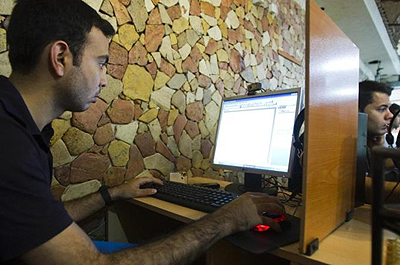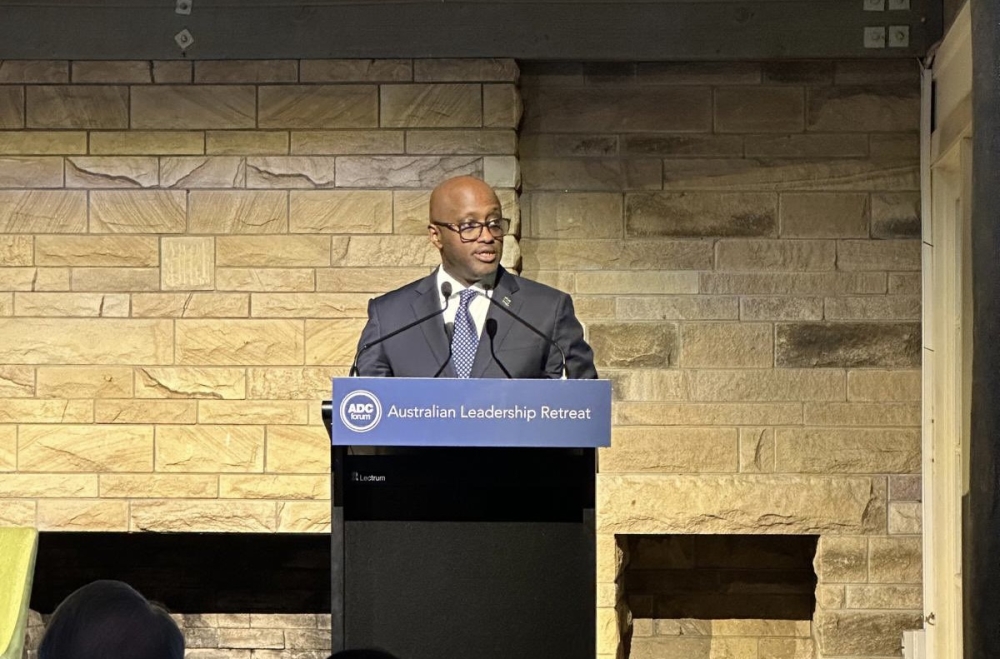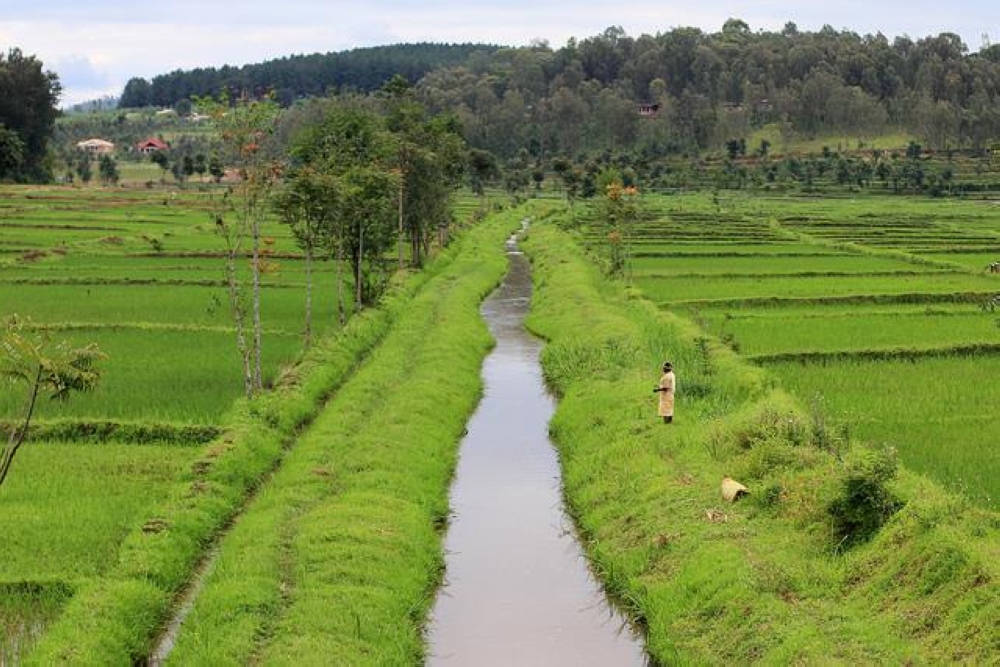Iran plans to introduce a domestic internet network in what officials say is a bid to improve cyber security but which many Iranians fear is the latest way to control their access to the web.


Iran plans to introduce a domestic internet network in what officials say is a bid to improve cyber security but which many Iranians fear is the latest way to control their access to the web.The announcement, made by a government deputy minister on Sunday, came as state television announced Google and its email service would be blocked "within a few hours”.The Iranian Students’ News Agency (ISNA) said the Google ban was connected to the anti-Islamic film posted on the company’s YouTube site which has caused outrage throughout the Muslim world, however there has been no official confirmation.Iran already has one of the biggest Internet filters of any country in the world, preventing normal Iranians from accessing countless sites on the official grounds they are offensive or criminal.Sites expressing views considered anti-government are also routinely blocked.Iranians commonly overcome the government filter by using virtual private network (VPN) software that makes the computer appear as if it is based in another country.But officials have long spoken of creating an Iranian Internet system which would be largely isolated from the WorldWide Web."In recent days, all governmental agencies and offices have been connected to the national information network,” deputy communications and technology minister Ali Hakim-Javadi was quoted as saying by the Mehr news agency.The second phase of the plan would be to connect ordinary Iranians to the national network, he said.According to Iranian media, the domestic system would be fully implemented by March 2013 but it was not clear whether access to the global Internet would be cut once the Iranian system is rolled out.According to a comprehensive report released by the International Telecommunications Unions Broadband Commission for Digital Development on Monday only 22 per cent of Iranian homes are connected to the Internet, which means it is ranked 42nd in the world.The report however concluded that only 21 per cent of Iranians have access to the Internet, ranking it 111th in the world, behind countries like Tuvalu and Jordan.






